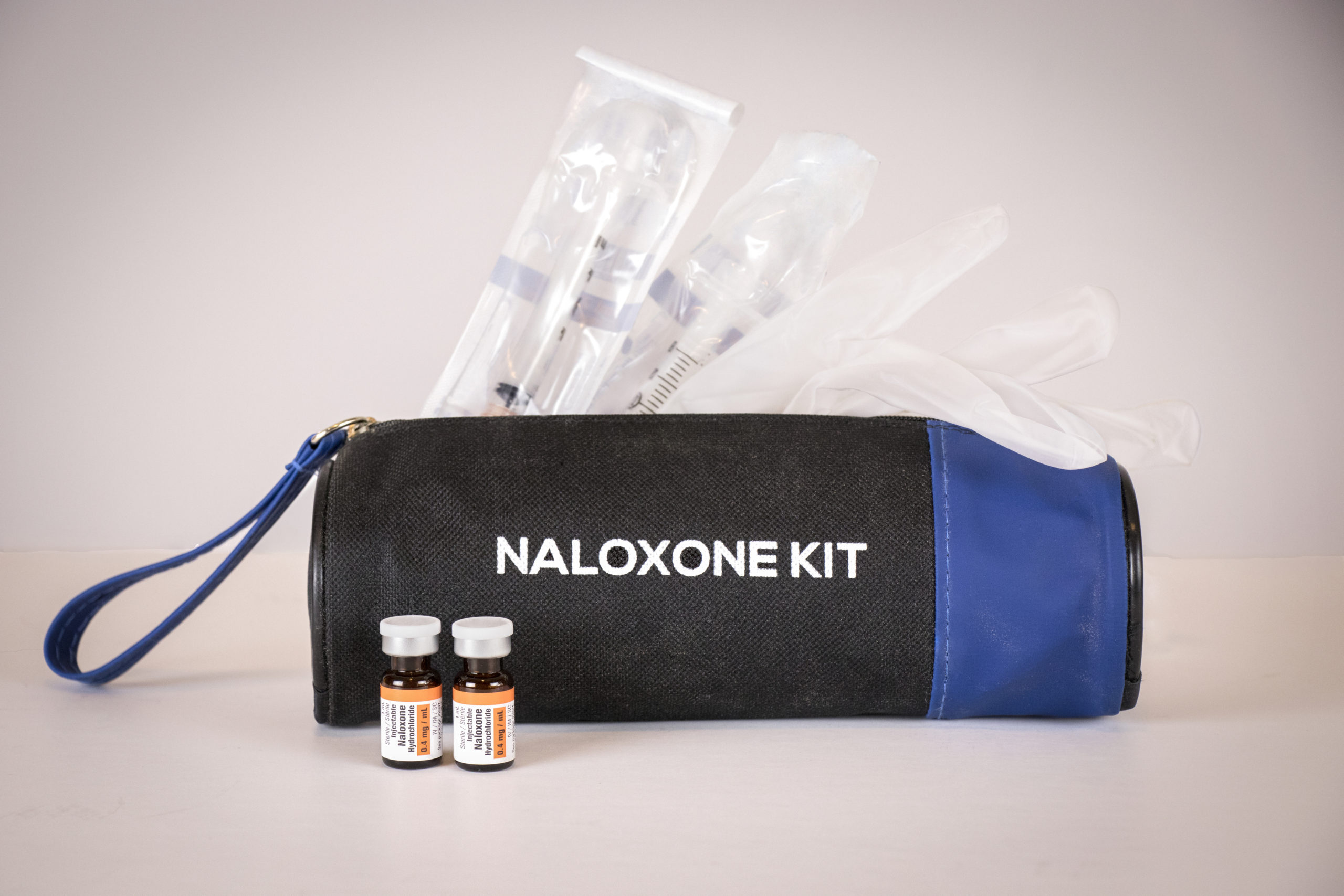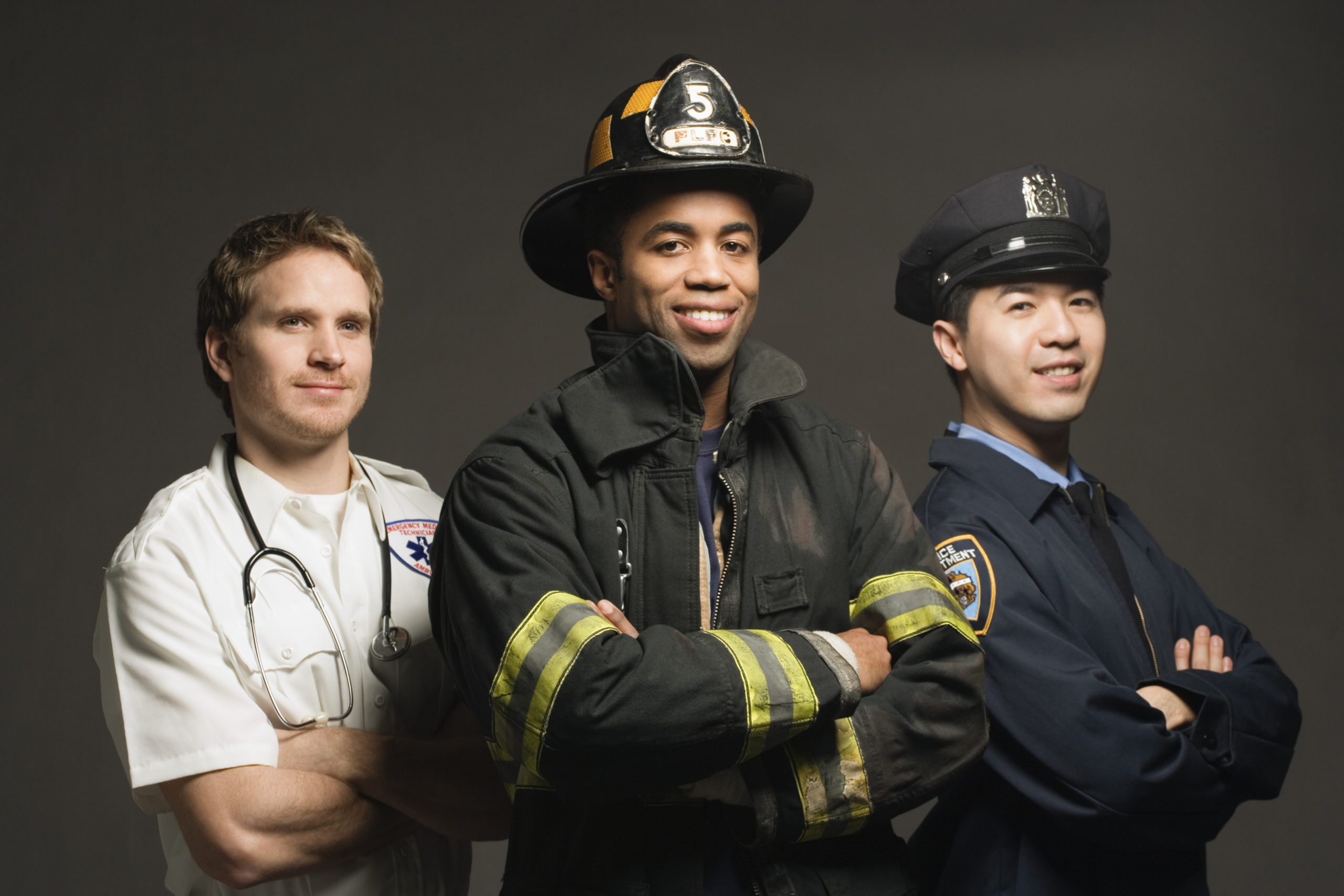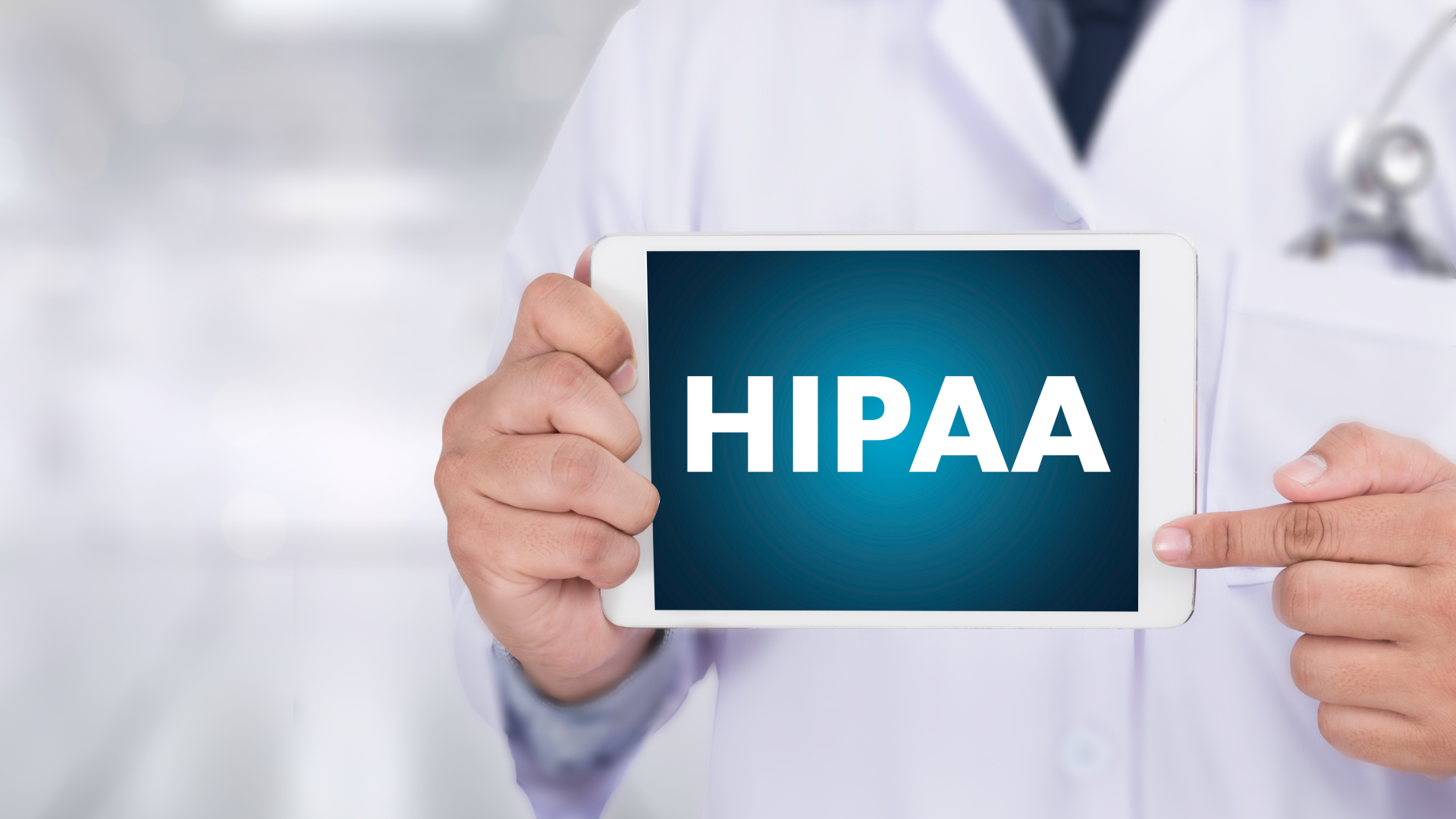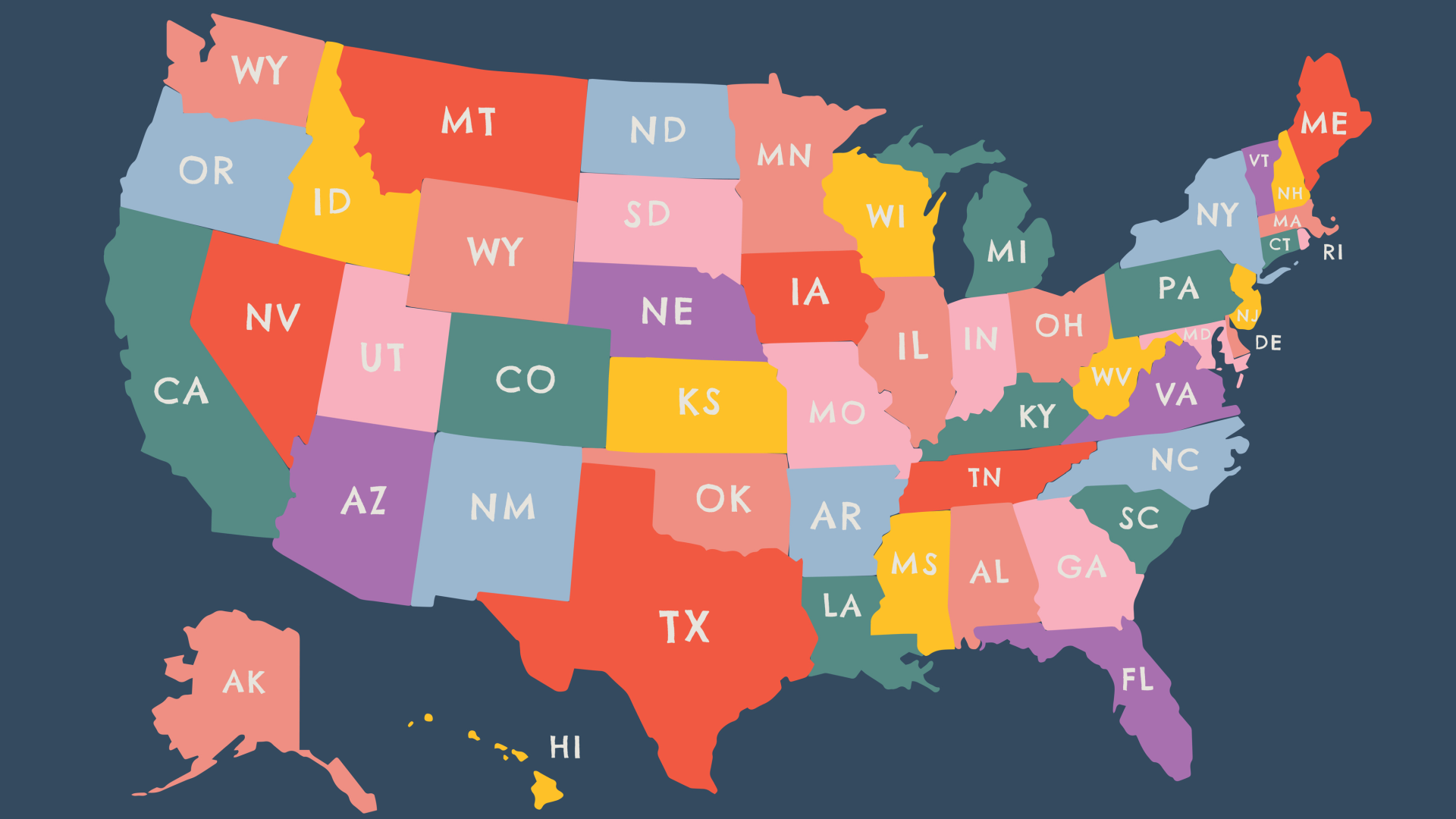Overdose Reversal Agent Access: Summary of State Laws
In an effort to save lives, states have implemented laws to make it easier for first responders and the general public to obtain overdose reversal agents, such as naloxone. Additionally, to encourage people to assist an individual who is or may be suffering an overdose, the majority of states also enacted laws which protect laypeople who administer overdose reversal agents, in good faith, in an emergency from civil and/or criminal liability. The Legislative Analysis and Public Policy Association (LAPPA) undertook an extensive research project to determine the current status of overdose reversal agent access laws throughout the United States, including the District of Columbia and all U.S. territories. As of January 2025, all 50 states and the District of Columbia have some form of an overdose reversal agent access law....












